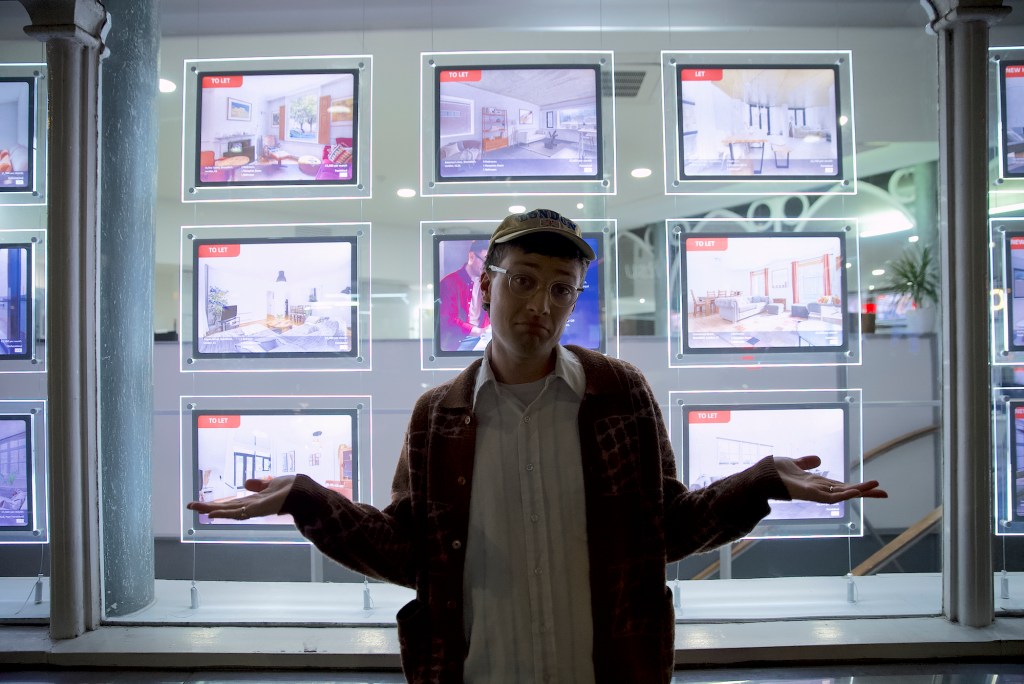Illustration by Penelope Gazin.
Fun fact: when you don’t know what you’re talking about, you’re probably talking about class. I mean, maybe, maybe not… but probably. Classism expressed from and about any point on the socioeconomic spectrum, is implicitly part of almost everything interesting and useful and real to talk about. The prejudices themselves aren’t invisible, but classism in action is sometimes quiet, or tucked into other ways of diagramming and demeaning the human experience; class is ever mutating, floating like a gas, present when it’s not there, and not there when it seems to be. If I were to take a wild swing at it, I’d say maybe half of what seems at first to be casually racist and sexist and generally xenophobic is classist (it’s not as if racism and sexism aren’t inextricably part of class) and basically allowed to be because nobody gets into it (at least, not outside of the broadest us-versus-them stuff of party politics, and mostly abstract economic debates), and nobody wants to.
Videos by VICE
Considering the finer, lived, human details of class, though, is so weirdly verboten. Money, status, “class”—both specific and temporal (what the middle class “is,” for instance, has changed along with its numbers)—are among the most determining and influencing aspects of how a life is felt and experienced, but addressing them directly—in conversation, in criticism—will have the effect of narrowing and nullifying instead of working to contextualize, expand, and be real with whatever. Some of this is that it’s “rude” (guh) to talk about what you have or don’t have. Some of this is that when people talk about class, which is largely outside of social sanctioning, there are more ways to be wrong, to offend. (Like, if you’re a huge racist, you’ve probably at least been told you are, at some point.) Classism is also mostly sanctioned: “white trash” should be a suuuuper fucking embarrassing thing to say (so should “rich bitch” and “trust-fund kid” and anything else that presupposes a character or quality based on economic status, or an imagined one), but it’s not.
A big reason why nobody calls any of this out or talks about class in a useful way is because of fear, which most of the time clamps down on our little shoulders like metal claws and guides us to bad, stupid places. There’s also tremendous underlying class anxiety, about either being too-close or too-distant to poverty, and/or, if not to rich people, than to the assumed freedom and agency and cash-money everything. That people who can joke about the most vile, demeaning, racist, sexist shit in some over-it pose are dead serious about their own class status nicely demonstrates how truly embedded it is as this thing.
Here’s where it breaks apart: when privileged people confront their privilege (do I need to invoke Lena Dunham here, or not?), it is received with an eye roll; privilege can only arrive in a conversation as a charge and an explanation and with mitigation, from every corner. And yet! My favorite bit of business from Audre Lorde (“Black and Third World people are expected to educate white people as to our humanity. Women are expected to educate men. Lesbians and gay men are expected to educate the heterosexual world. The oppressors maintain their position and evade their responsibility for their own actions…”) is easily enough applied to class, too, in theory. It has been and should not be only up to people who are struggling, or people who are getting by OK, to address the unaddressable—to call out, to make real. I mean, go ahead, but, the onus of examination (not some manner of richsplaining, obviously, but intraprivilege self-awareness, maybe) has to be on people in a position of power, because that is the human obligation of privilege, luck, success, talent, whatever. This is melty of me, sure, but, what if it were suddenly gross and outré to be a dick about having and not having? It’s not revolutionary or political: it’s social. It’s an economics of cool, which is powerful too.
No one is outside of class, or “post-class.” Regardless, it shouldn’t be as hard for a generation of people who are committedly ahistoric in our thinking, whose values skew more and more toward the real meritocracy of the internet, to see around it, or to look directly at it, and see the more interesting human experience, both without and as part of some kind of class.
Kate Carraway writes the weekly Obseshes column for VICE.com.
Previously – Limited Chaos
More
From VICE
-

Collage by VICE -

Collage by VICE -

(Photo by Found Image Holdings/Corbis via Getty Images) -

The author lurks outside an estate agents, Voigt-Kampff machine just out of shot. Photo by Zuka George
